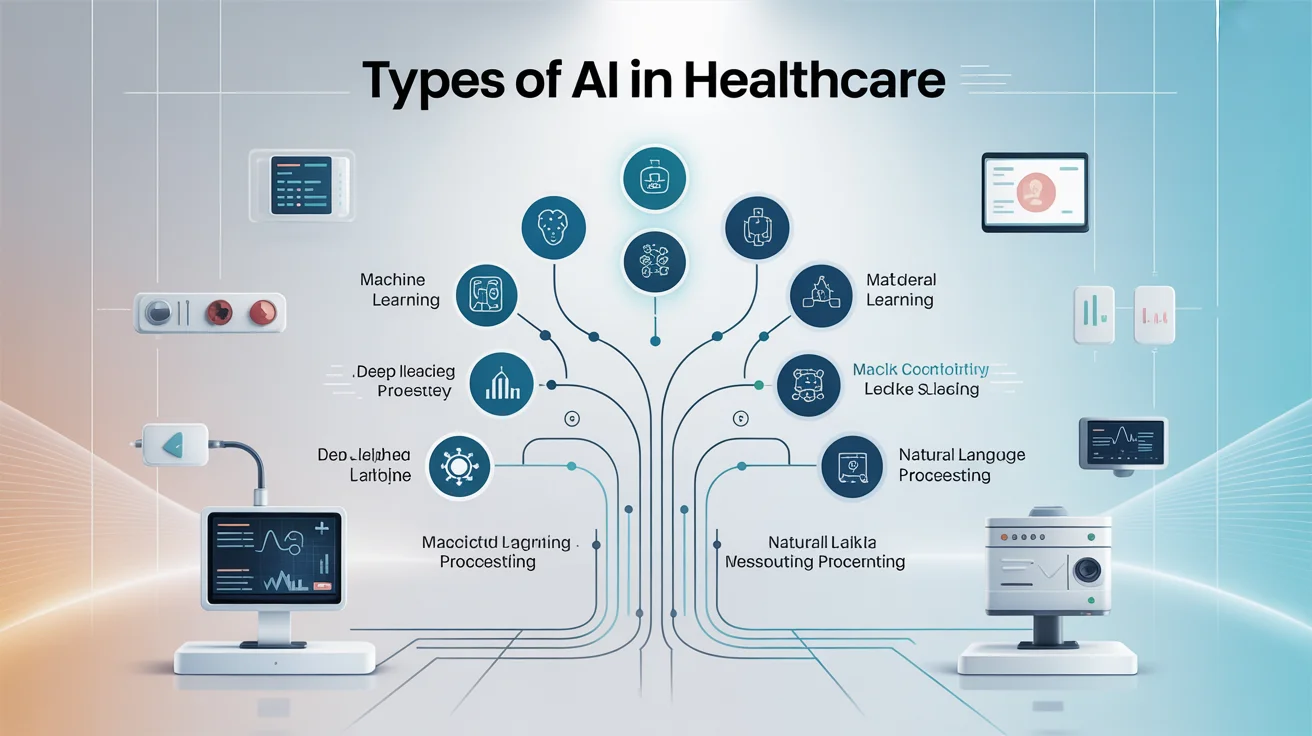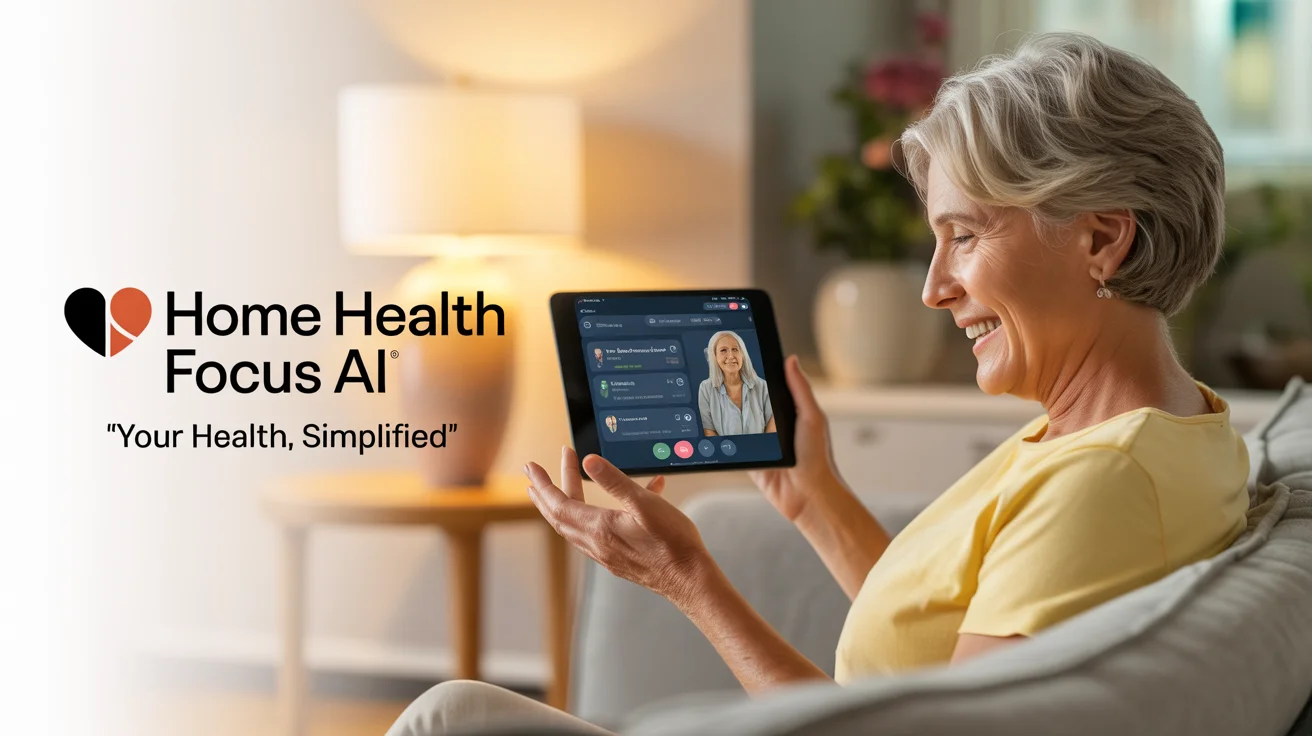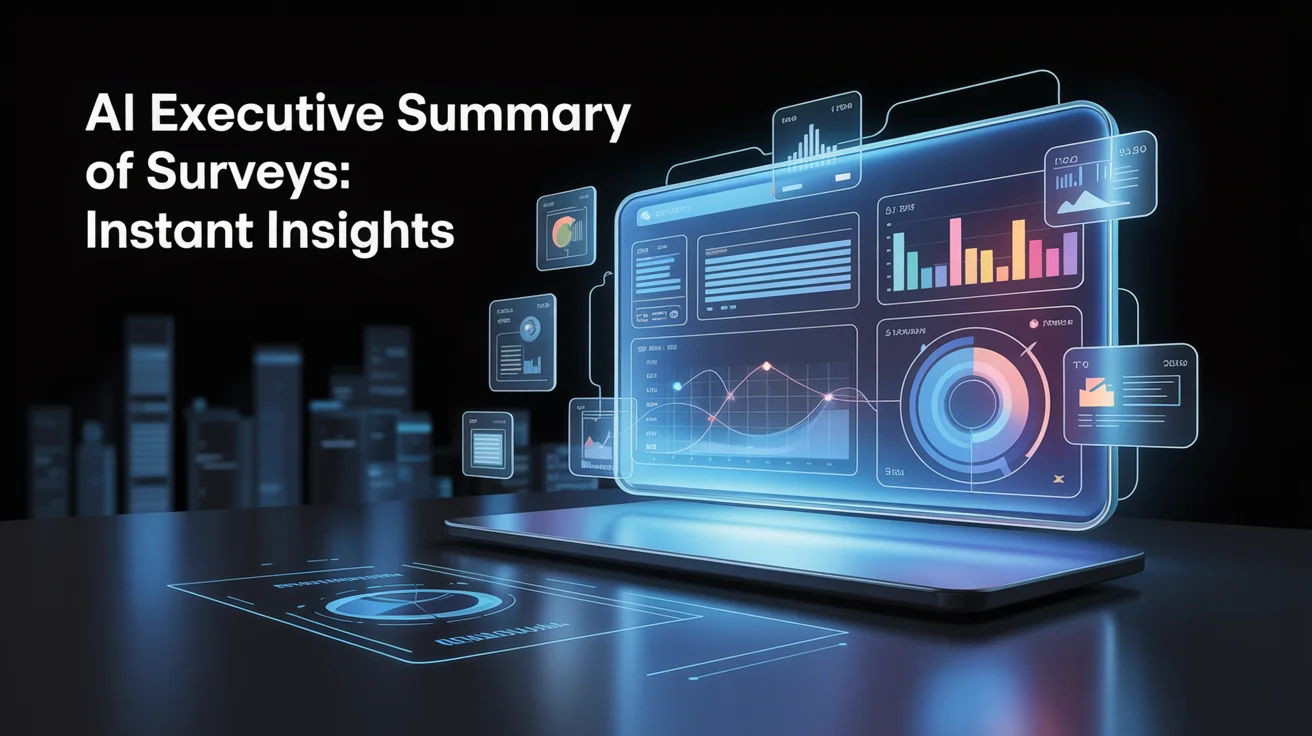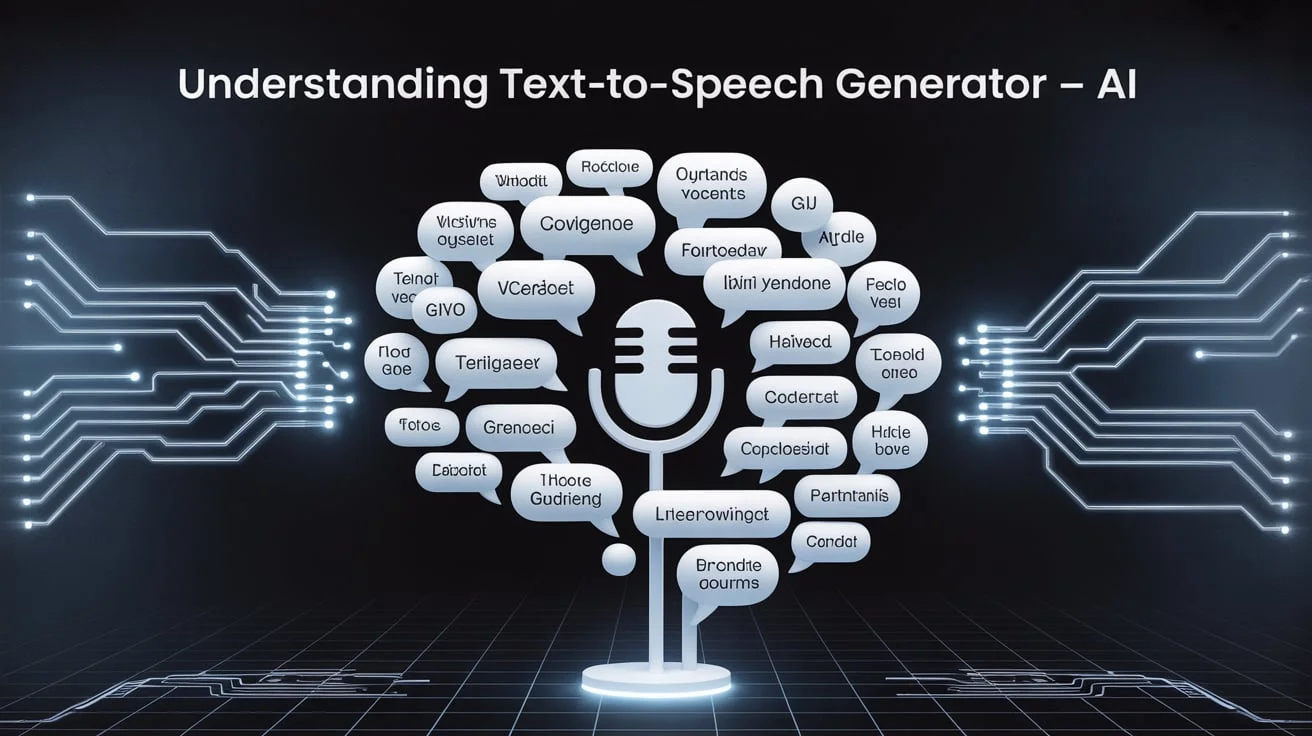Artificial Intelligence (AI) is reshaping the healthcare industry in extraordinary ways. From diagnosis to treatment, patient engagement to medical research, AI drives smarter, faster, and more accurate care solutions. In this guide, we’ll explore the types of AI in healthcare that are revolutionizing patient outcomes and medical efficiency.
Whether using machine learning for diagnosis or natural language processing for documentation, these AI types offer game-changing possibilities. Let’s explore how AI is transforming modern medicine.
Machine Learning in Healthcare
Machine learning (ML) is a core subset of AI widely used in the healthcare sector. It involves training algorithms to learn from data patterns and make decisions without being explicitly programmed.
This type of AI helps doctors and researchers predict diseases, customize treatments, and analyze patient data. ML models are also used in drug discovery and clinical decision support systems.
Key Use Cases:
- Disease prediction and diagnosis
- Personalized treatment plans
- Medical imaging analysis
Natural Language Processing (NLP)
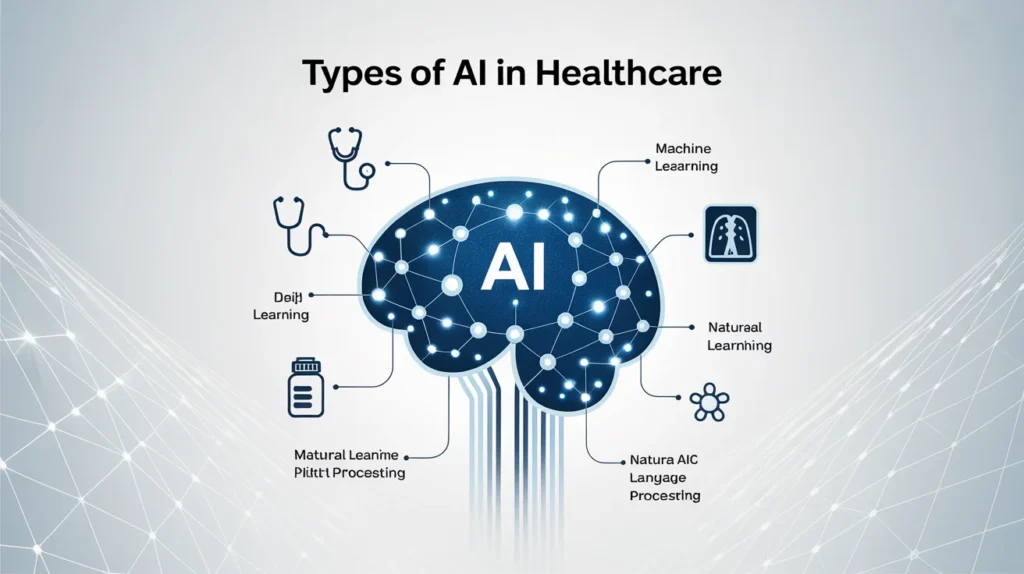
Natural Language Processing allows machines to understand, interpret, and generate human language. It is handy in handling the vast amount of unstructured healthcare data, such as physician notes, medical transcripts, and research reports.
NLP applications improve clinical documentation and enable automated summarization, coding, and translation. This reduces the administrative burden on doctors and increases accuracy in patient records.
Notable Applications:
- Voice recognition for medical dictation
- Chatbots for patient communication
- Automated EHR (Electronic Health Record) management
Robotic Process Automation (RPA) & Virtual Health Assistants
Robotic Process Automation is designed to handle repetitive and rule-based tasks in healthcare administration. It improves speed and accuracy, freeing human staff for more complex work.
Virtual health assistants, powered by conversational AI, engage with patients to monitor symptoms, schedule appointments, and deliver follow-up care. They provide 24/7 support and reduce hospital visits for non-emergency needs.
These AI tools offer operational efficiency and enhance patient engagement.
Benefits of RPA and Virtual Assistants:
- Cost savings through automation
- Faster appointment scheduling
- Enhanced patient satisfaction
- Automates billing and claims processing
- Provides real-time symptom checking
- Reduces administrative load on hospital staff
Predictive Analytics and AI Imaging
Predictive analytics uses AI to anticipate future health events based on historical data. Hospitals use this tool to prevent complications, optimize resources, and improve long-term care plans. It is beneficial for managing chronic conditions.
AI-powered imaging tools enhance diagnostic accuracy in radiology, pathology, and dermatology. These tools highlight abnormal findings and assist radiologists in faster interpretation.
By using predictive modelling and visual analysis, healthcare providers can catch diseases early and reduce the margin of error.
Real-World Applications of AI Imaging and Prediction:
- Detect tumours in CT scans
- Predict heart disease risks.
- Identify diabetic retinopathy early.
AI in Drug Discovery
AI accelerates drug discovery by simulating how compounds interact with the human body. It shortens the development cycle and cuts costs significantly. Researchers use AI to analyze biomedical data and predict potential drug targets.
Traditional drug discovery takes years, but AI can reduce this to months. AI tools identify molecular structures that human eyes may miss.
AI in pharmaceuticals is revolutionizing how we develop cures for diseases like cancer, Alzheimer’s, and rare genetic disorders.
Clinical Decision Support Systems (CDSS)
Clinical Decision Support Systems use AI algorithms to assist doctors in making more informed decisions. These systems analyze patient data, medical history, and current research to provide evidence-based recommendations.
CDSS ensures the best care pathway is chosen for each patient. It minimizes human error and improves treatment success rates.
Doctors trust these systems for second opinions, especially in complex or rare cases.
AI in Remote Patient Monitoring (RPM)
Remote patient monitoring is a growing area supported by AI. Smart devices and wearables collect real-time health data, such as heart rate, glucose levels, and oxygen saturation, which AI systems analyze to detect anomalies early.
RPM helps doctors track patients outside hospitals, reducing unnecessary visits and readmissions. It’s essential for managing chronic diseases like hypertension and diabetes.
AI makes this remote care both proactive and preventive.
- Uses wearable sensors for data collection
- Alerts healthcare providers for emergency conditions
- Improves chronic disease management
AI-Powered Surgical Robots
Surgical robots equipped with AI assist surgeons in performing precise, minimally invasive procedures. These robots can map out the best incision points and reduce the risks associated with traditional surgery.
While human surgeons are still in control, AI robots enhance dexterity and reduce fatigue. This results in faster recovery times and fewer complications for patients.
Hospitals now rely on these systems for orthopaedics, gynaecology, and urology procedures.
AI in Mental Health Applications
AI tools are now being used to support mental health care. Chatbots and virtual therapists powered by AI offer support to individuals suffering from anxiety, depression, and PTSD.
They can screen for mental health conditions using conversation patterns and mood analysis. These tools provide a private and stigma-free way for people to seek help.
AI does not replace professional therapy but acts as a first-level support system.
- 24/7 availability for emotional support
- Tracks emotional patterns through text and voice
- Encourages early intervention in mental health issues
Genomics and Precision Medicine
AI plays a vital role in genomics by decoding DNA sequences quickly and efficiently. Doctors can create more effective and safer personalised treatment plans with this data.
Precision medicine uses this genomic information to tailor therapies based on the individual’s genetic makeup. AI identifies mutations and links them with potential treatments or risks.
This personalized approach is the future of medicine.
Conclusion
The types of AI in healthcare are diverse and constantly evolving. AI enhances every touchpoint in the healthcare journey from diagnosis to therapy, administration to research. These technologies promise efficiency, accuracy, personalization, and improved patient care.
As the healthcare industry embraces digital transformation, AI will become more critical in delivering smarter, faster, and safer medical solutions. It’s not just the future of healthcare, it’s already here.
Frequently Asked Questions:
Q1: What is the most common type of AI in healthcare?
Machine learning is the most widely used, especially in diagnosis and predictive modelling.
Q2: Can AI replace doctors in healthcare?
No, AI supports doctors but cannot replace human judgment and experience.
Q3: How does AI help in early disease detection?
AI detects patterns in data that may indicate early signs of diseases, even before symptoms appear.
Q4: Is AI used in patient communication?
Yes, AI chatbots and virtual assistants are commonly used to improve communication and care coordination.
Q5: What are the risks of using AI in healthcare?
Data privacy, ethical concerns, and algorithm bias are key risks that need careful regulation.

